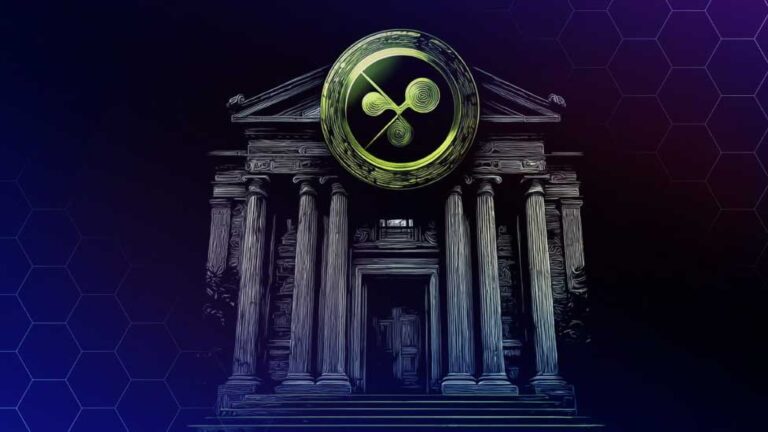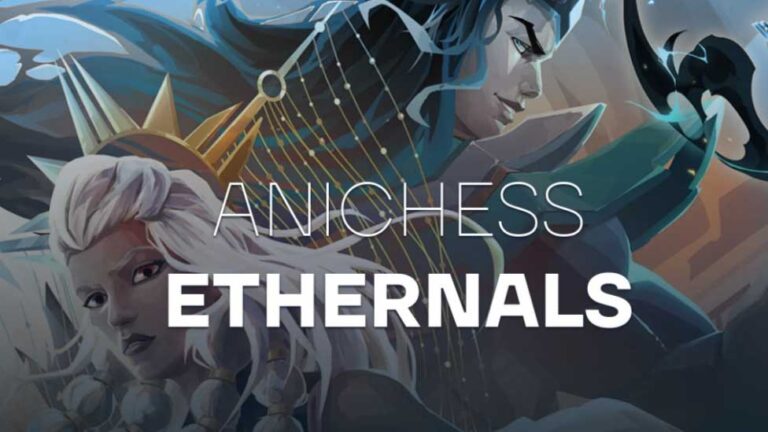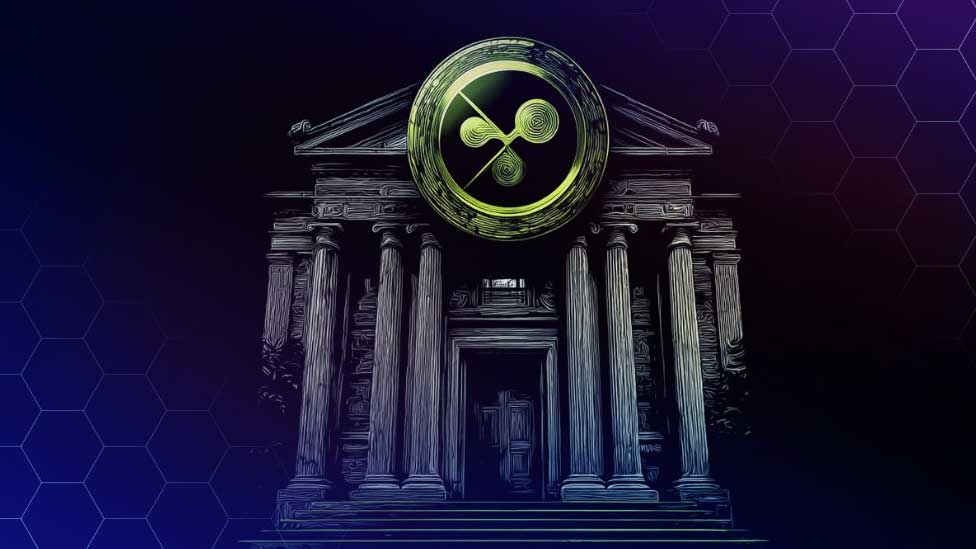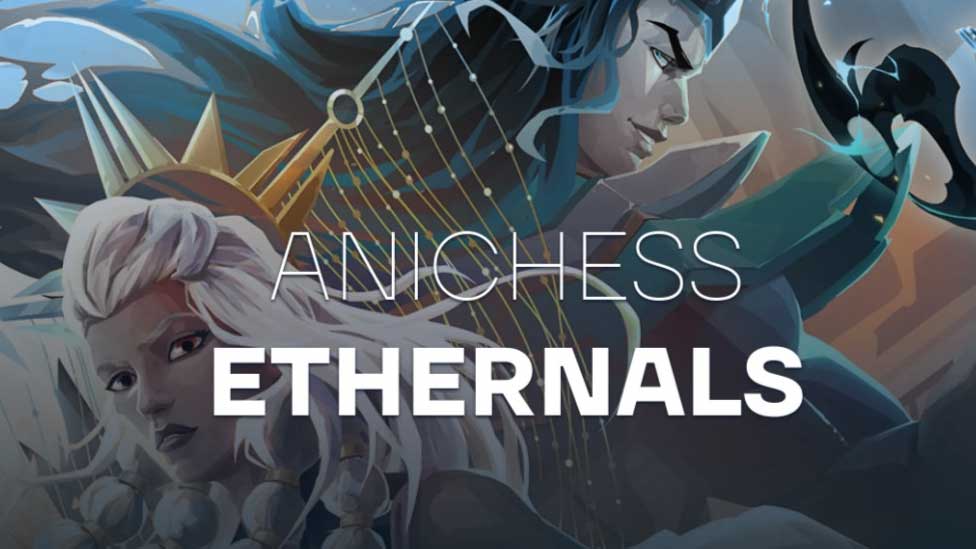NFTs are a mechanism for creators to market their digitally stored assets. Since each NFT is a unique asset, it is non-fungible. According to CNBC, NFTs were a major industry for a short while, with the market surpassing $10 billion in sales in late 2021.
The process of making NFTs can be very energy-intensive. Since Ethereum switched to proof-of-stake, most NFTs are created on a blockchain that uses much less energy than a proof-of-work blockchain. Blockchains that need an energy-intensive process, whether related to cryptography or not, may produce too much carbon if they use non-renewable energy. If you are wondering whether NFTs can be dangerous for the environment, keep reading to learn more about the harmful impacts of NFT production on the planet.
What Are The Negative Impacts of NFTs on the Environment?
Despite the current obsession with digital art, its detrimental environmental effects must be considered. Digital art is no different from other online activities in that it, too, uses energy to run the machines and servers that house the blockchain. For instance, the NFT GIF “Space Cat” (which has a cat flying towards the moon in a rocket) consumes the same amount of energy that a typical European person does for two months.
The Ethereum blockchain, used by most NFTs, needs a proof-of-work system to validate each new block. Computer networks solve these complex challenges to earn the right to confirm blocks. It uses energy to gain the gas fees generated in the confirmed blocks. This method encourages miners to purchase more equipment, which employs more grid electricity.
Indeed, NFTs need the energy to validate every blockchain transaction. In other words, it multiplies the impact of any one NFT on the market by using the same energy when it is sold again. The large proof-of-work network onlenergyy operates on one block at a time, with all miners aiming to generate a lower number, which results in the high energy needed.
Research has found that a single NFT transaction on the blockchain network produces over 748 kilograms of carbon dioxide, the same as 1.7 million Visa transactions or 124,714 hours of YouTube viewing. Similarly, Joanie Lemercier, a French artist, calculated that selling one NFT was the equivalent of powering her art studio for two years. It is estimated that the sale that took only 10 seconds consumed 8.7 megawatt-hours of energy.
Nevertheless, NFT minting and transferring can be less energy-intensive. NFTs can be produced on blockchain platforms utilising the proof-of-stake operating model without consuming excessive electricity or harming the environment.
In this model, stakers — the proof-of-stake model’s equivalent of miners lock money in a unique smart contract. An algorithm allows a particular staker to publish the following block whenever the network requires a new partnership. Depending on the percentage of the total amounts staked by each staker, the algorithm chooses the staker by lottery.
Therefore, if you’re concerned about protecting the environment, you can choose a platform that uses the proof-of-stake model since it requires much less energy. Unfortunately, reduced energy consumption for proof-of-work blockchains is still impossible and poses a great danger to the environment.















